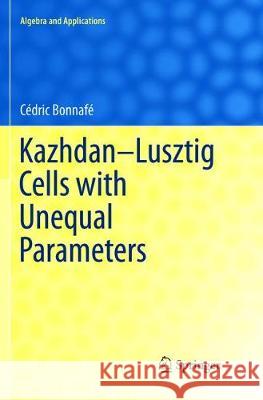Kazhdan-Lusztig Cells with Unequal Parameters » książka
topmenu
Kazhdan-Lusztig Cells with Unequal Parameters
ISBN-13: 9783030099862 / Angielski / Miękka / 2018 / 348 str.
Kategorie:
Kategorie BISAC:
Wydawca:
Springer
Seria wydawnicza:
Język:
Angielski
ISBN-13:
9783030099862
Rok wydania:
2018
Wydanie:
Softcover Repri
Numer serii:
000324776
Ilość stron:
348
Oprawa:
Miękka
Wolumenów:
01











